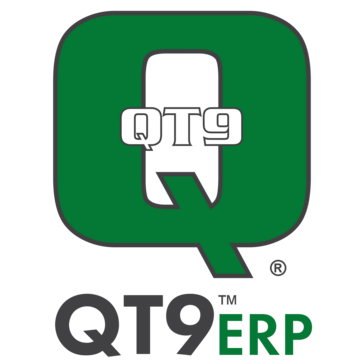| Product | |||
|---|---|---|---|
| Review & Ratings |
No reviews available |
No reviews available |
|
| Description |
QT9 ERP is a comprehensive, user-friendly software designed for small to mid-sized manufacturing companies. It stands out for its all-in-one approach, integrating various business processes from inventory management to quality control. A key feature of QT9 ERP is its real-time data tracking, which enhances decision-making and operational efficiency. The software offers exceptional modules for mana... Read more about QT9 ERP |
Accept is a secure and scalable payment processing software that helps businesses accept payments online, in-person, or through mobile apps. This platform enables merchants to manage various payment methods, including credit cards, debit cards, and digital wallets, all within one unified system. Accept offers end-to-end encryption, ensuring that sensitive payment information is handled securely, r... Read more about Accept |
|
| Free Trial |
NA |
NA |
|
| Starting Price |
NA |
||
| Category Features | |||
| Other Information | |||
| Deployment | Cloud Hosted | ||
| Devices Supported | Web-Based, Windows, Linux | ||
| Pricing Model | NA | Per Feature | |
| Support | Email, Phone, Chat, Knowledge Base | NA | |
| Target Company Size |
Small-Business,
Midsize-Business,
|
Self-Employed,
Small-Business,
Midsize-Business,
|
|

